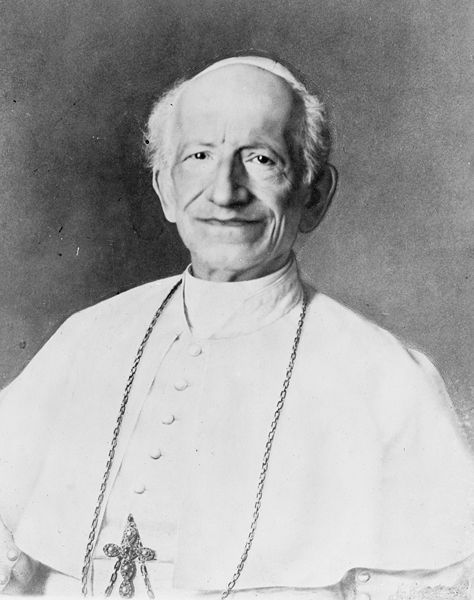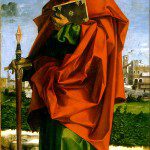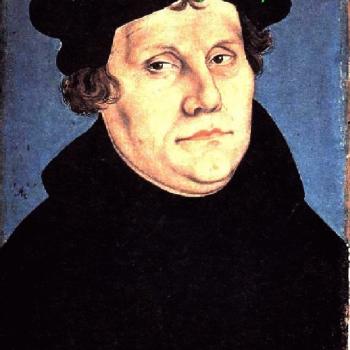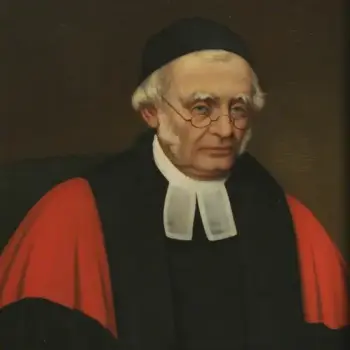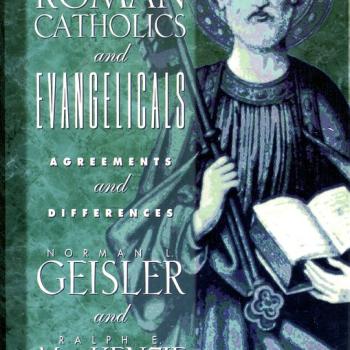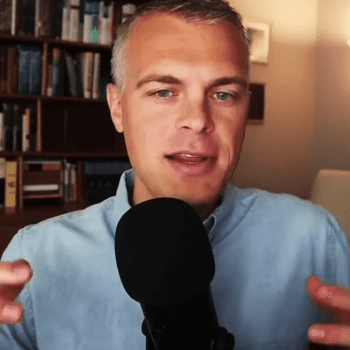Original title: Catholic Magisterial Use of the Description, “Separated Brethren” Prior to Vatican II (1962-1965)
* * * * *
Pope Leo XIII
[first to do so]
They may then commend to others their own bright example of integral knowledge, and Our dissident brethren may seek out more readily the embrace of their Mother, the Church. (Encyclical, Orientalium Dignitas; On the Churches of the East, 30 November 1894)
O sorrowful Mother! intercede for our separated brethren, that with us in the one true fold they may be united to the supreme Shepherd, the Vicar of thy Son. [last paragraph] (Apostolic Letter, Amantissima Voluntatis; To the English People, 27 April 1895)
No better way is afforded of proving a fraternal feeling toward their separated brethren than to aid them by every means within their power to recover this, the greatest of all gifts. (19)
For Our Separated Brethren
27. For that reason We say that the Rosary is by far the best prayer by which to plead before her the cause of our separated brethren. (Encyclical, Adiutricem; On the Rosary; 5 September 1895)
The ardent charity which renders Us solicitous of Our separated brethren, in no wise permits Us to cease Our efforts to bring back to the embrace of the Good Shepherd those whom manifold error causes to stand aloof from the one Fold of Christ. Day after day We deplore more deeply the unhappy lot of those who are deprived of the fullness of the Christian Faith. (1) (Encyclical, Caritatis studium; On the Church in Scotland; 25 July 1898)
Pope St. Pius X
Désiré-Joseph Cardinal Mercier
[link]
And it is just when devout Protestants are attacked by liberalism and tossed about by doubts, and appeal in despair to authority for help, crying: “Save us, O Lord, or we perish!” that the Modernists would do away with the Chief who makes us the envy of our separated brethren, and invite us to renew an experiment that four lamentable centuries proclaim a failure. (The Condemnation of Modernism, September 1907)
Pope Pius XI
29. The denial of the fundamentals of morality had its origin, in Europe, in the abandonment of that Christian teaching of which the Chair of Peter is the depository and exponent. That teaching had once given spiritual cohesion to a Europe which, educated, ennobled and civilized by the Cross, had reached such a degree of civil progress as to become the teacher of other peoples, of other continents. But, cut off from the infallible teaching authority of the Church, not a few separated brethren have gone so far as to overthrow the central dogma of Christianity, the Divinity of the Savior, and have hastened thereby the progress of spiritual decay. (Encyclical, Summi Pontificatus; On the Unity of Human Society, 20 October 1939)
42. What a proud vaunt it will be for the American people, by nature inclined to grandiose undertakings and to liberality, if they untie the knotty and difficult social question by following the sure paths illuminated by the light of the Gospel and thus lay the basis of a happier age! If this is to come to pass power must not be dissipated through disunion but rather strengthened through harmony. To this salutary union of thought and policy, whence flow mighty deeds, in all charity We invite them, too, whom Mother Church laments as separated brethren. (Encyclical, Sertum Latitiae; On the 150th Anniversary of the Establishment of the Hierarchy In the United States, 1 November 1939)
38. And We, Venerable Brethren, as We celebrate the fifteenth centenary of this heavenly birthday, have no more earnest desire than to see all who can be called Christians take St. Cyril as their model, and work ever more and more zealously for the happy return of our separated brethren in the East to Us and to the one Church of Jesus Christ. Let there be in all one faith inviolate; in all one charity, uniting all together in the mystical Body of Jesus Christ; in all one earnest and practical loyalty to the See of Blessed Peter.
39. The furtherance of this worthy and meritorious work must be the special endeavor of those who live in the East and who, by mutual esteem, by friendly intercourse, and by the example of their spotless life, can more easily induce our separated brethren, and especially their clergy, to become reunited with the Church.
42. And God grant that this Our fatherly and urgent appeal may be given a friendly hearing by those separated Bishops and their flocks who, though divided from Us, yet admire and venerate the Patriarch of Alexandria as a hero of their own land. Let this great Doctor’s teaching and example move them to restore peace by means of that triple bond which he himself so strongly urged as indispensable, and by which the divine Founder of the Church willed all His sons to be united together. Let them remember that We, by the Providence of God, to-day occupy that same Apostolic See to which the Patriarch of Alexandria felt bound in conscience to appeal, when he wanted to provide a sure defense of the orthodox faith against the errors of Nestorius, and to set a divine seal, so to speak, upon the reconciliation achieved with his separated brethren. And let them be assured that the same charity which inspired Our Predecessors inspires Us too; and that the chief object of Our constant desires and prayers is that the age-old obstacles between us may be happily removed, and the day dawn at last when there shall be one flock in one fold, all obedient with one mind to Jesus Christ and to His Vicar on earth.
45. It only remains for Us now, Venerable Brethren, on the occasion of this fifteenth centenary of St. Cyril, to implore the most powerful patronage of this Holy Doctor for the whole Church, and especially for all those in the East who glory in the Christian name, imploring for our separated brethren and children that blessing which he himself once so joyfully described:
Behold the sundered members of the Body of the Church are reunited once again, and no further discord remains to divide the ministers of the Gospel of Christ. (Encyclical, Orientalis Ecclesiae; On St. Cyril of Alexandria, 9 April 1944)
*
86. We address, then, as brethren all who are separated from Us, using the words of Saint Augustine: “Whether they wish it or not, they are our brethren. They cease to be our brethren only when they stop saying ‘Our Father.'”
90. We repeat this prayer, as does the whole Catholic world in union with Us. We are spurred by a burning love for all men, but also by that interior humility which the gospel teaches. For We know the lowliness of him whom God raised to the dignity of the Sovereign Pontificate, not because of Our merits, but according to His mysterious designs. Wherefore, to all Our brethren and sons who are separated from the Chair of Blessed Peter, We say again: “I am . . . Joseph, your brother.”[40] Come, “make room for us.”[41] We want nothing else, desire nothing else, pray God for nothing else but your salvation, your eternal happiness. (Encyclical, Ad Petri Cathedram; On Truth, Unity, and Peace, 29 June 1959)
. . . that the renewed vigor of all the Christian virtues which We hope this Council will produce will also serve as an invitation and incentive to reunion for Our Brethren and children who are separated from this Apostolic See. (Encyclical, Grata Recordatio; 26 September 1959)
* * * * *


